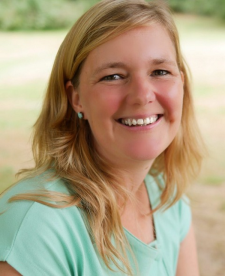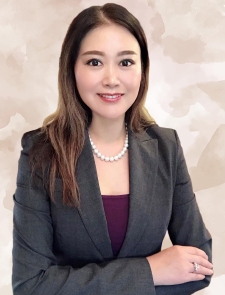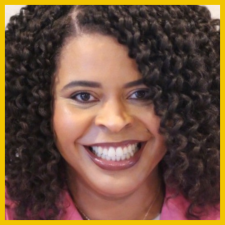The Evaluation Café is hybrid! Join us for lunch and a thought-provoking conversation in 4410 Ellsworth or via Zoom.
Café Schedule

Goele Scheers
Independent Consultant
Goele Scheers Consultancy
A special presentation, hosted by The Centre for Research on Educational and Community Services (CRECS, uOttawa), and the Claremont Evaluation Center (CEG, CGU).
Making the Invisible Visible: How Outcome Harvesting Deepens Our Understanding of Change
This presentation will focus on Outcome Harvesting, a monitoring, evaluation, and learning approach that has been around for quite some time and has witnessed the growth of a vibrant community over the years. Outcome Harvesting serves the needs of managers, donors, and evaluators attempting to solve intractable problems and unexpected challenges in development and social change.

Kurt Wilson
President
Effect X, LLC
Human Centered Evaluation: Introduction to an Emerging Evaluation Lens Providing Practical Guidance to Address the Messy Complexity of Humanity
The strengths associated with prioritizing objectivity (and associated definitions of rigor) in established evaluation approaches carry a serious weakness: they ignore or directly undermine core dimensions of human life. Dimensions of rich inner-lives (e.g., love, trust, hope, motivation) that inform and inspire life are generally ignored, along with the subjective experiences and judgments that shape relevance and fuel engagement. This Eval Café will provide an overview of the newly developing lens of “Human Centered Evaluation” (HCE) and practical guidance and methodology to help evaluators engage the dynamic and living complexity of program participants. Bring your experiences, frustrations and questions to contribute to a lively discussion!

Aaron W. Kates, PhD, LCSW
Lead Evaluation Consultant
Effect X, LLC
Trauma-Informed Evaluation: Evidence, Theory and Practice
As co-author of the forthcoming Trauma-Informed Evaluation and Research: A Practical Guide, Dr. Kates will introduce the trauma-informed evaluation lens and its relevance for contemporary evaluation practice. Rather than calling for a complete overhaul of the field, Dr. Kates and co-author Dr. Martha Brown advocate for integrating trauma-informed principles within existing evaluation frameworks. This presentation will explore how trauma has been addressed in the evaluation literature, summarize the empirical foundations of trauma-informed inquiry, and outline key theoretical perspectives and practical guidelines for applying trauma-informed approaches in evaluation practice.

Guili Zhang
Professor and Department Chair
East Carolina University
American Evaluation Association President
Join us for a special in-person presentation at The Fetzer Center, Western Michigan University.
Evaluation Across Boundaries
This presentation explores how evaluation can move beyond traditional limits—across national borders, generations, disciplines, and methodological divides. It emphasizes openness to new ideas, diverse perspectives, and collaboration across fields and sectors. By blending evaluation models and techniques—qualitative and quantitative, academic and applied, traditional and emerging—evaluators can respond more effectively to today’s complex challenges. The approach values contributions from both experienced and early-career evaluators, fostering mutual learning and innovation. Crossing boundaries enables evaluators to address global issues, adapt to changing contexts, and expand the reach and relevance of evaluation, maximizing its impact wherever it is needed.
In-person registration coming soon!

Brianna Hooks Singletary
Senior Research Associate
Western Michigan University
Psychometrics and Evaluation
Abstract coming soon!


